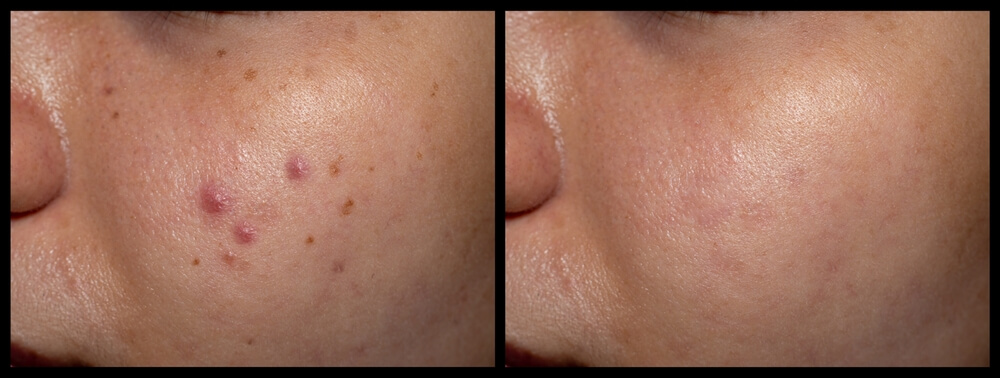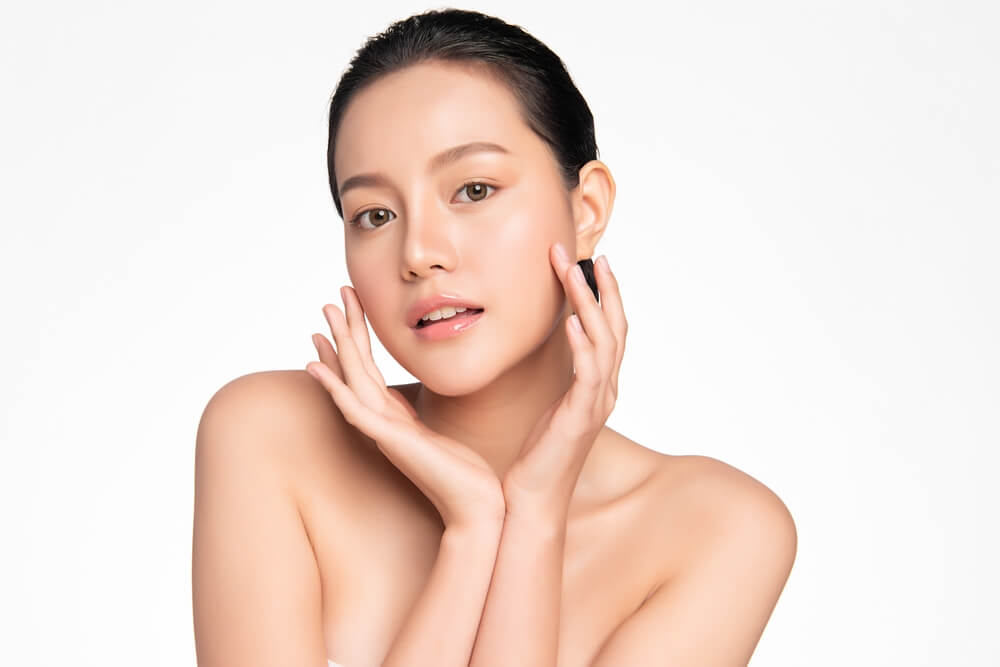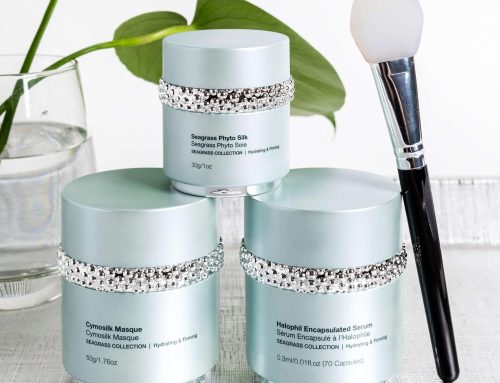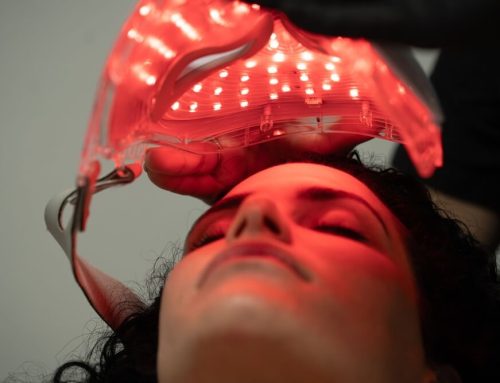Acne, the persistent nemesis that has plagued many of us, transcends age, gender, and skin type. Whether you’re a teenager navigating the turbulent seas of puberty or an adult dealing with unexpected breakouts, understanding the causes, effective treatments, and preventive measures is key to achieving clearer, healthier skin.
Understanding the Causes of Acne
Acne is not a one-size-fits-all condition; its causes are as diverse as its manifestations. One of the primary culprits is excess oil production. When the sebaceous glands go into overdrive, they can clog hair follicles, leading to the formation of pimples. Hormonal fluctuations, particularly during adolescence or the menstrual cycle, can trigger this excessive oil production.
Another villain in the acne saga is bacteria. Propionibacterium acnes, a type of bacteria that resides on the skin, can multiply rapidly in clogged pores, causing inflammation and the characteristic redness associated with acne.
Lifestyle factors also play a role. Poor dietary choices, high in refined sugars and dairy, may exacerbate acne. Stress, lack of sleep, and environmental factors can further contribute to skin woes.
Effective Treatments for Acne

In the arsenal against acne, an array of treatments exists, each tailored to address specific aspects of the condition. Over-the-counter topical treatments containing ingredients like benzoyl peroxide or salicylic acid can be effective in unclogging pores and reducing inflammation. However, it’s crucial to introduce these products gradually to avoid irritation.
For more severe cases, dermatologist-prescribed treatments come into play. Prescription-strength topical medications, oral antibiotics, or hormonal therapies may be recommended based on the type and severity of acne. In recent years, isotretinoin, a potent oral medication, has gained popularity for its ability to provide long-term relief, albeit with potential side effects that require careful monitoring.
Procedures like chemical peels, microdermabrasion, and laser therapy offer additional options for tackling stubborn acne and its aftermath—scarring. These treatments work by promoting skin renewal and collagen production, addressing both active breakouts and the aftermath left on the skin’s surface.
Preventing Acne: Habits for Clearer Skin

While treating acne is essential, adopting preventive measures is equally crucial for maintaining clearer skin in the long run. A holistic approach to skincare and lifestyle choices can significantly impact the frequency and intensity of breakouts.
- Gentle Cleansing: Avoid aggressive scrubbing or harsh cleansers that can strip the skin of its natural oils, triggering more oil production. Opt for gentle, non-comedogenic cleansers.
- Hydration: Adequate hydration supports overall skin health. Water helps flush out toxins and keeps the skin hydrated, reducing the likelihood of excess oil production.
- Balanced Diet: Incorporate a balanced, nutrient-rich diet. Foods rich in antioxidants, such as fruits and vegetables, can promote skin health. Limiting dairy and refined sugars may also have a positive impact.
- Stress Management: Chronic stress can exacerbate acne. Incorporate stress-reducing activities like yoga, meditation, or deep-breathing exercises into your routine.
- Regular Exercise: Physical activity boosts circulation and promotes healthy skin. However, be mindful of sweating and promptly cleanse your skin afterward to prevent pore blockage.
- Sun Protection: While sun exposure can temporarily improve acne, it can lead to long-term damage and worsen hyperpigmentation. Use a non-comedogenic sunscreen to protect your skin.
In conclusion, dealing with acne is a multifaceted journey that requires a tailored approach. Understanding the causes, exploring effective treatments, and adopting preventive measures can empower you to take charge of your skin health. Consultation with a dermatologist can provide personalized insights and recommendations based on your unique skin profile. Remember, clearer skin is not just a goal—it’s an achievable reality with the right knowledge and care.






Leave A Comment